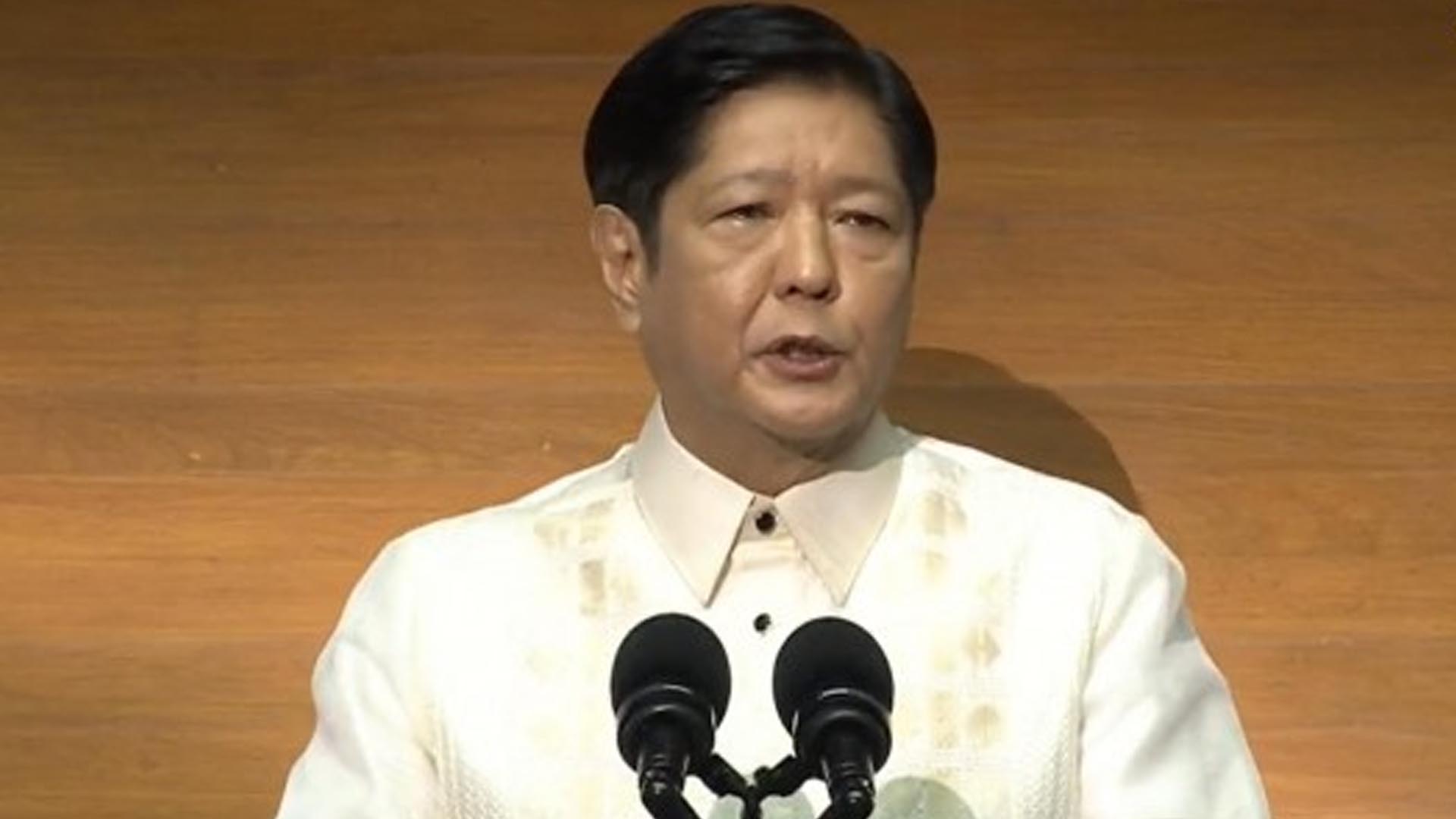Multi-sectoral partnerships and upskilling programs for higher education institution (HEIs) students and graduates were strategically used against job mismatch challenges in the first year of the Marcos administration.
During the second State of the Nation Address (SONA), President Ferdinand R. Marcos Jr. said Monday these were done through the efforts of multiple agencies, especially the Commission on Higher Education (CHED).
“The bane of the mismatch between jobs and skills among our workforce is being rectified through strengthened government-industry-labor-academe partnerships, and continuous reskilling and upskilling training programs,” he said.
In particular, Marcos noted how the administration, through the CHED, responded to improve the country’s maritime education to ensure global competency.
“For our seafarers to continue to excel, maritime education in the Philippines has been strengthened. This will progress and solidify our country’s position as a ‘global maritime hub’, through the steady supply of competent Filipino seafarers to foreign merchant marine vessels,” Marcos said.
He said this was proven by the European Union’s recognition of the Filipino seafarers’ training, after 17 years of challenges and questions.
Besides the maritime industry, Marcos also said the administration is focusing on the supply shortage of health care workers.
“To address the current shortage of health care professionals in our country, and to help us achieve our goal of universal health care, we are greatly expanding our medical and nursing education programs,” he said.
The CHED earlier highlighted short-, medium-, and long-term solutions to resolve the effects of increasing demand for Filipino nurses both locally and abroad.
These include review and training opportunities for nursing graduates who have not passed the Nursing Licensure Examination (NLE) through the help of competent universities; encouraging graduates who have ventured into other fields to be back in the health care sector; easier and more accessible masteral programs for licensed nurses who want to be trainers or instructors; shorter programs to produce more health care associates; and the lifting of the moratorium on nursing programs in HEIs.
More HEIs in the global ranking
Besides addressing the challenges of job mismatch, the President also lauded the performance of universities during the first year of his term.
“More and more of our higher education institutions have reached world-class status. This year, 52 Philippine HEIs have been included in the World Universities Rankings, compared to just 15 last year,” he said.
Earlier, the CHED said it shall continue working on the quality of higher education by fortifying international linkages.
CHED chairperson J. Prospero de Vera III said the Philippine HEIs would produce more globally-ready graduates through partnerships spurring sharing and exchanges of curriculum, programs, and training between local and international universities in various fields of studies.
Amid these advances, Marcos vowed to ensure that no one would be left behind in accessing quality education.
“We will not let a student’s financial constraints be a hindrance to education. We have activated social safety nets, such as skills development training and youth employment programs. Tertiary education in state universities and colleges will remain free for our qualified students,” he said.
As of last year, nearly half of the 4.1 million tertiary enrolled students were beneficiaries of the Universal Access to Quality Tertiary Education program or the free education for college students. (PNA)




















